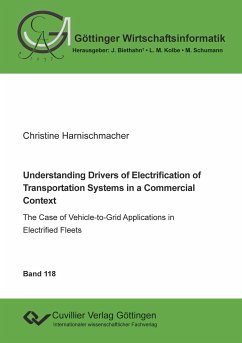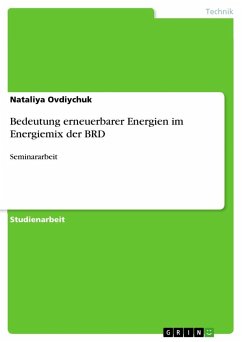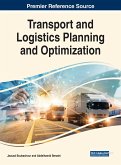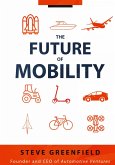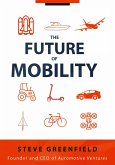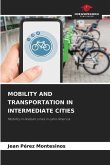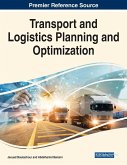The mitigation of global climate change poses one of the major challenges of the twenty-first century. Governments all around the world have set ambitious climate- and energy- specific targets that shape the development of the energy and transportation sectors. Increasing the share of renewable energies in the energy mix and substituting conventional vehicles with electric vehicles (EVs) at the same time poses significant challenges for the power grid. The coupling of the energy and transportation sectors offers a promising increase in energy efficiency, as the EVs¿ batteries can be used as storage for the provision of utility services by supplying power to the grid for stabilization. This is known as the vehicle-to-grid (V2G) application. Thus, suitable V2G applications can contribute to the security of energy supply while at the same time promoting electrified transportation and the integration of renewables. These applications are especially efficient in a commercial context, where the capacities of several batteries can easily be aggregated. This thesis investigates the role of IS for the electrification and V2G integration of commercial fleets. Four studies were conducted and are compiled in this dissertation that demonstrate the feasibility and provide guidelines for incorporating commercial electrified fleets as an active component of the energy economic value chain. The understanding gained enables viewing fleet electrification and V2G integration as IS enabled amplification of the energy economic value chain towards ecological sustainability.
Hinweis: Dieser Artikel kann nur an eine deutsche Lieferadresse ausgeliefert werden.
Hinweis: Dieser Artikel kann nur an eine deutsche Lieferadresse ausgeliefert werden.

